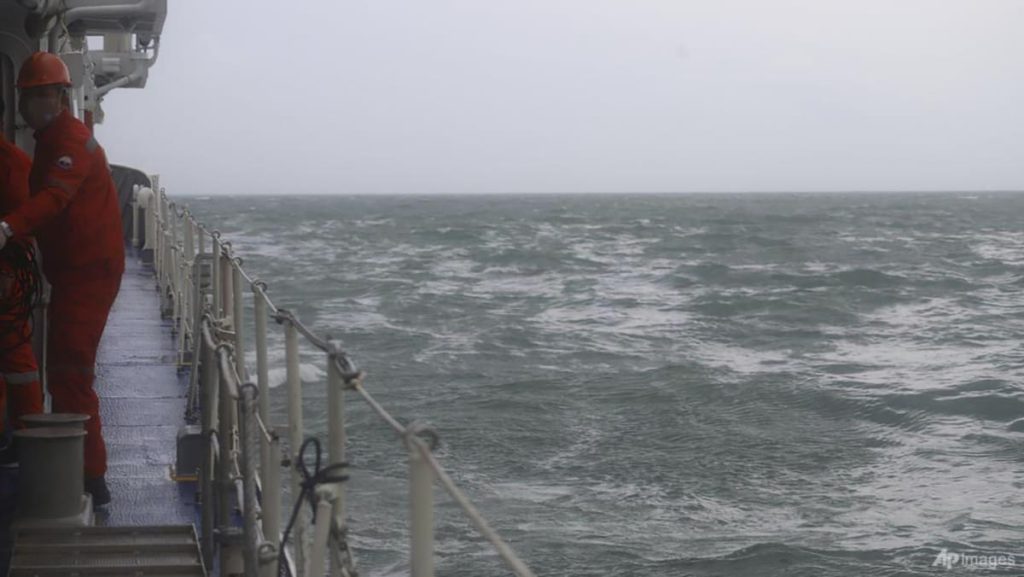The Philippines has been dealing with serious oil spill incidents in the past, with one incident involving a tanker carrying industrial fuel oil that sank off Mindoro, causing contamination of waters and beaches, devastating fishing and tourism industries. Another incident in 2006 off the island of Guimaras resulted in tens of thousands of gallons of oil being spilled, destroying a marine reserve, affecting local fishing grounds, and covering coastlines in black sludge. Efforts to clean up and contain such oil spills have been challenging and time-consuming.
Recently, a tanker carrying diesel sank at the mouth of Manila Bay, prompting the coast guard and a private salvage operator to work on offloading the unspecified amount of diesel from the sunken vessel. The owners of the vessel claimed that it was not carrying cargo, but leaks were found by coast guard divers and sealed. The whereabouts of the crew remains unknown as the 39m vessel sank in muddy waters off the coast of Mariveles municipality. The exact date of the incident was not provided.
The sinkings occurred amidst heavy rains brought by Typhoon Gaemi and the seasonal monsoon, which have been affecting Manila and surrounding regions in recent days. These weather conditions may have contributed to the incidents, highlighting the risks and challenges faced in preventing and responding to such events. Oil spills not only have immediate environmental impacts, such as contamination of waters, destruction of marine life, and damage to coastlines, but also have long-term consequences for the affected communities and industries that rely on the affected areas for livelihoods.
Efforts to contain the spill and mitigate its impacts are crucial in such situations, involving coordination between government agencies, private sector operators, and other stakeholders. Cleaning up oil spills in marine environments is a complex and labor-intensive process that requires specialized equipment, trained personnel, and careful planning to prevent further environmental damage. The incidents in the Philippines serve as a reminder of the importance of adhering to safety regulations, conducting regular inspections and maintenance of vessels, and having contingency plans in place to respond to emergencies.
The incidents also highlight the need for stronger enforcement of maritime safety regulations and stricter monitoring of vessels to prevent such accidents from occurring in the future. International cooperation and sharing of best practices in oil spill response and prevention are essential in addressing the global challenge of maritime pollution and protecting marine ecosystems. It is important for countries to work together to strengthen their capacity to respond to oil spills and address the root causes of such incidents to ensure the safety of marine environments and coastal communities.















